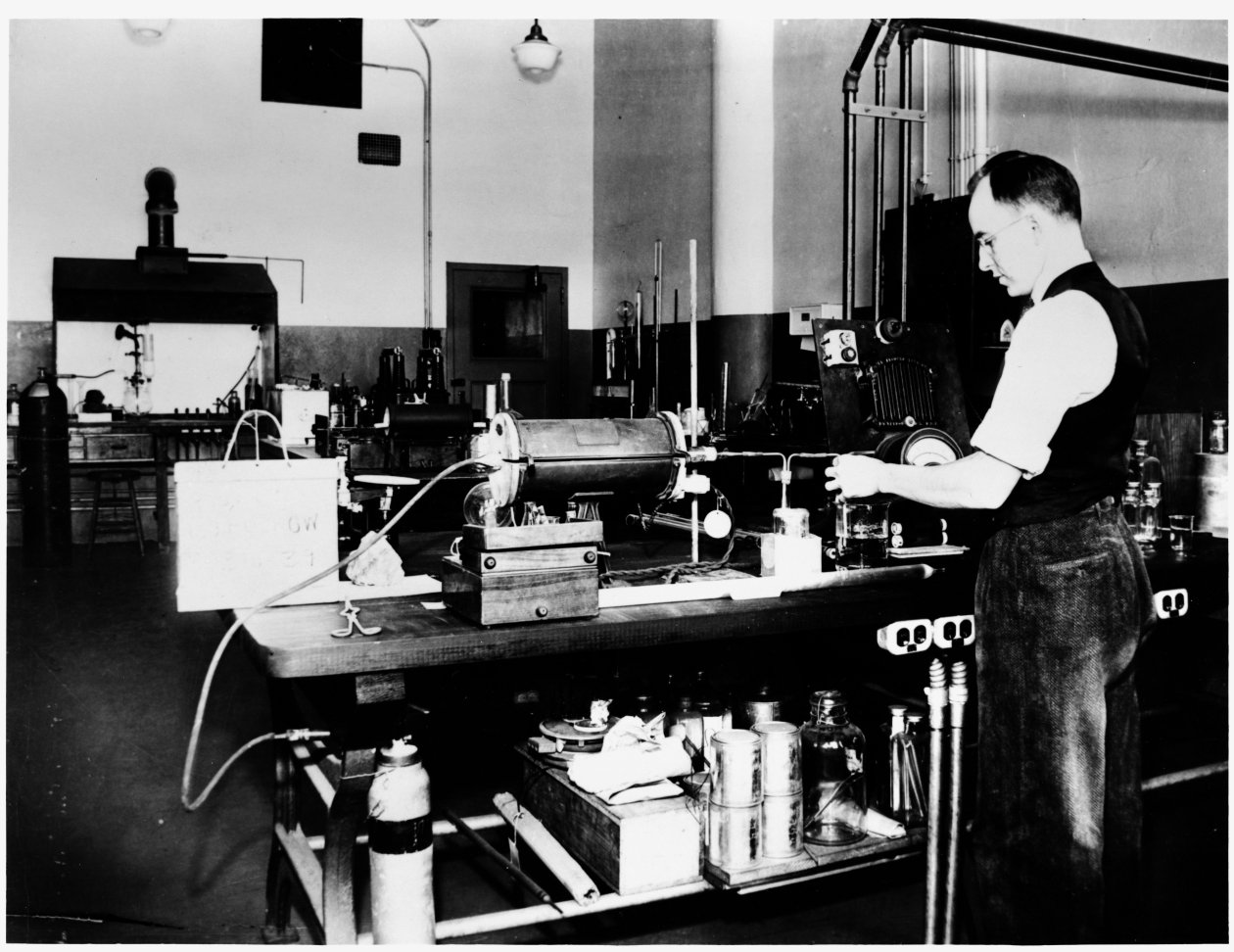Organochlorosilanes: Getting at Hexamethyl disilazane
Silicon chemistry has an incredible number of fascinating facets and is subject only to the limits of a chemist's creativity and experimental art. One of these facets are organosilicon compounds, which have played an important role in many fields of daily life for decades due to their extraordinary material properties. Silicone oils and silicone elastomers are just one example.
Organochlorosilanes are key precursors that has been known since the 19th century. They received a decisive boost after the groundbreaking discovery of copper-catalyzed synthesis by the U.S. American Eugene Rochow and the German chemist Richard Müller.

The usefulness of other downstream products was quickly recognized including Hexamethyl disilazane (HMDS), which is obtained from trimethylchlorosilane and ammonia. Not only the exciting and extraordinary history of organochlorosilanes and HMDS (you are welcome to download our detailed technical article below) has led Midas to deal with HMDS for several years, but also the reflection of customer demands beyond pharmacy and the requirement to offer more complex customer solutions (e.g. logistics and transport) when dealing with dangerous goods.
Today HMDS is produced by a solvent-free, one-step synthesis process. Midas has been working for several years with one of the world's leading manufacturers and specialists in this field. In 2021, an exclusive European distribution partnership was established.
Midas supplies HMDS in high quality with a purity of more than 99.0% in UN-certified steel drums (160 kg) and ISO tank containers (16 tons). With our many years of experience in handling dangerous goods, Midas also offers complete door-to-door service. This includes:
- CLP-compliant labeling
- Dangerous goods transportation
- European dangerous goods warehousing
- Import customs clearance
HMDS is a colorless liquid, a trimethylsilyl group donor and has a boiling point of approximately 125 °C. It functions primarily as a silylating agent for H-acid compounds such as phenols, carboxylic acids, thiols, and amines. HMDS offers several advantages here: Silylation can occur without solvents, usually proceeds quantitatively, and can proceed more selectively than with comparable silylating agents. HMDS is also used for hydrophobization and surface modification.
This results in a whole range of industrial applications, from use as an intermediate in chemistry and pharmaceuticals, including the synthesis of fine chemicals, antibiotics, antivirals and anticancer drugs, to use in the semiconductor industry, e.g. as a CVD precursor. This substance is produced worldwide on a double-digit kiloton scale, primarily in Asia, North America and Central Europe.
If you are interested in further information about HMDS or our extensive industrial chemicals portfolio, please do not hesitate to contact us. We are happy to help you with any questions you may have. This year the 35th International Trade Fair for Fine and Specialty Chemicals - Chemspec Europe - will take place at Messe Frankfurt from May 31 - June 1, 2022. Our product manager Dr. Bobby Happ and your local sales managers will be available on site for discussions. We are looking forward to welcoming you at our booth.
You are interested in our white paper "Organochlorosilanes: On the trail of hexamethyldisilazane". Please fill out the contact form and we will send you the free whitepaper as soon as possible.
Inquiry
Your Contact

Midas Pharma GmbH
55218 Ingelheim
Germany
Telephone: +49 6132 990-0
Telefax: +49 6132 990-40
Plan your route (GoogleMaps)
Midas Chemicals
The portfolio of Midas involves a broad range of intermediates, starting materials and chemicals, covering different industries such as Pharma, Agro, Pulp&Paper. Over the years, we have been successfully establishing our global sourcing and marketing network supported by our local presence in 10 countries.